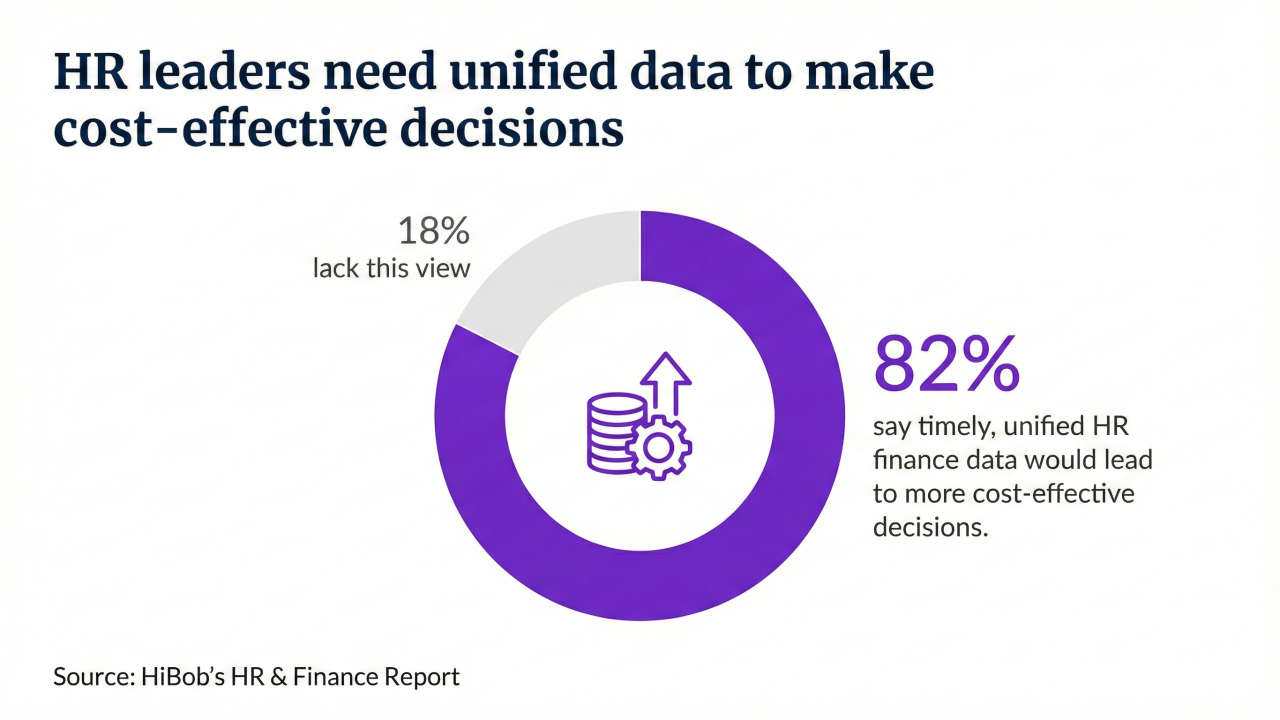As of April 1, 2018, employers in Massachusetts will be required to provide accommodations to pregnant employees.
In July, the governor signed into law

Under the law, there is no set guarantee of leave, but paid or unpaid leave to recover from childbirth may be a reasonable accommodation.
Other accommodations listed in the law may include:
· more frequent or longer paid or unpaid breaks;
· acquisition or modification of equipment or seating;
· temporary transfer to a less strenuous or hazardous position;
· job restructuring;
· light duty;
· private non-bathroom space for expressing breast milk;
· assistance with manual labor; or
· modified work schedules; provided, however, that no employer shall be required to discharge any employee, transfer any employee with more seniority, or promote any employee who is not able to perform the essential functions of the job, with or without a reasonable accommodation.
Employers do not have to provide an accommodation if doing so would create an undue hardship.
The law also poses some limits on the documentation that can be required from employees. Generally, employers may require documentation to support a request for an accommodation, except when the employee is requesting one of the following accommodations:
1. more frequent restroom, food and water breaks;
2. seating; and
3. limits on lifting over 20 pounds.
Employers will be required to give a written notice to employees of their rights beginning on Jan. 1, 2018. Employers will have to give such notice to any new hires after that date and to any employee who requests an accommodation.
This article originally appeared on the





